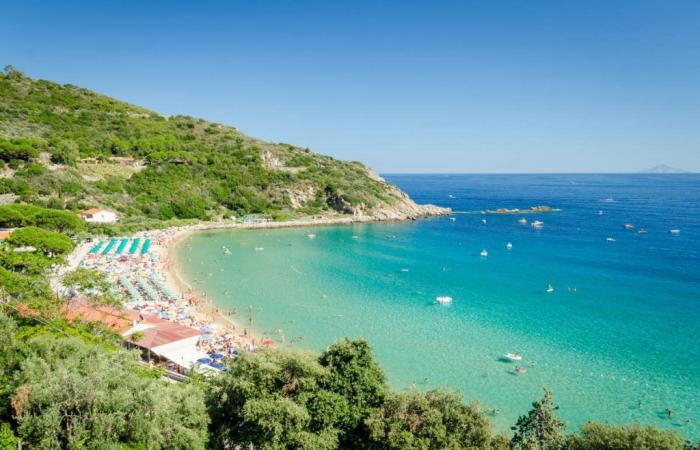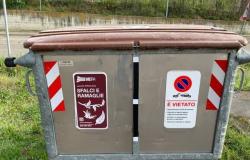Shortly after 4.30pm today, June 20th, a rather disturbing roar was heard on the Tuscan coast. We immediately thought of an earthquake, a hypothesis also put forward on social media by the President of the Region, Eugenio Giani, but discarded more or less immediately
©birillo81/123rf
“Earthquake felt on Elba. Checks in progress“, so at first glance we tried to give an explanation to the loud roar that in the early hours of this afternoon frightened many people, who poured into the streets on Elba, between Portoferraio and Portoazzurro, in Piombino and in many areas of the Maremma, in Tuscany.
But, if at first, we immediately thought of a earthquakethis hypothesis was later discarded and denied by the regional civil protection.
From the seismographs and surveys it would not be an earthquake at the moment.
In fact, on the INGV website, there has never been any earthquake detected in that area. Nonetheless, many people took to the streets in Elba, Piombino and in many areas of the Maremma. So what was it about? Two hypotheses are currently being examined: a “sonic bang” or a fireball (meteorite) that came into contact with the atmosphere.
A first hypothesis is that the roar may have been caused by one or more supersonic aircraft at very low altitude: when a military fighter travels at very high speed, the breaking of the sound barrier causes a very loud noise, with just as many vibrations on the ground.
Finally, there are those who also speak of a meteorite: a communication from the acoustic seismic station installed at the Seccheto sports field, on Elba, speaks of a seismic-acoustic signal linked to a body coming from the south, from the island of Montecristo, which was traveling at 1,440 kilometers per hour, therefore above the sound barrier.
The recorded signal appears to have an amplitude ten times greater than the events recorded previously, saturating the infrasonic sensors and producing a seismic signal recorded both on Elba and on the stations of the INGV national network, we read in the press release.
But at the regional civil protection they are sceptical.
Don’t want to miss our news?




